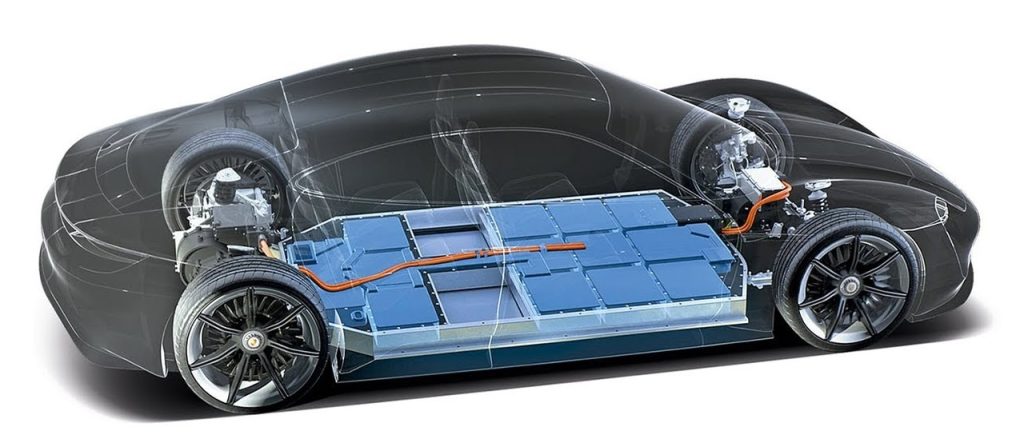In recent years, electric vehicles (EVs) have gained significant traction as a sustainable alternative to traditional combustion engine cars. At the heart of these eco-friendly rides lies a crucial component: the electric car battery. Let’s delve into the importance of electric car batteries and explore their pros and cons.
Importance of Electric Car Batteries:
1. Environmental Impact:
Electric car batteries play a pivotal role in reducing greenhouse gas emissions. By powering vehicles with electricity rather than fossil fuels, EVs contribute to cleaner air and a healthier planet.
2. Energy Efficiency:
Compared to internal combustion engines, electric motors are more energy-efficient. Electric car batteries store energy effectively, allowing EVs to convert a higher percentage of stored energy into propulsion.
3. Technological Advancements:
The development of electric car batteries has spurred innovation in renewable energy storage and power management technologies. As battery technology improves, so does the performance and range of electric vehicles.
4. Energy Independence:
With electric vehicles, individuals and nations can reduce dependence on imported oil, enhancing energy security and resilience.
Pros of Electric Car Batteries:
1. Environmental Benefits:
Electric car batteries produce zero tailpipe emissions, contributing to improved air quality and reduced carbon footprint.
2. Lower Operating Costs:
EVs have lower fuel and maintenance costs compared to traditional vehicles. Electric car batteries require minimal maintenance and can be charged at home or through public charging stations, saving money in the long run.
3. Smooth and Quiet Operation:
Electric motors provide a quieter and smoother driving experience compared to internal combustion engines.
4. Renewable Energy Integration:
Electric vehicles can be charged using electricity from renewable sources, further reducing their environmental impact.
Cons of Electric Car Batteries:
1. Limited Range:
Despite advancements, electric car batteries still have limited range compared to gasoline-powered vehicles. Range anxiety remains a concern for some potential EV buyers.
2. Charging Infrastructure:
The availability of charging stations is not as widespread as gas stations, which can inconvenience EV owners, especially during long trips.
3. Battery Degradation:
Over time, electric car batteries degrade, leading to reduced driving range and performance. Battery replacement or refurbishment can be costly.

4. Environmental Impact of Production:
The manufacturing process of electric car batteries involves the extraction of rare earth metals and minerals, which can have environmental consequences if not managed responsibly.
Conclusion:
Electric car batteries are essential components of electric vehicles, offering environmental, economic, and technological benefits. Despite some drawbacks, the continued advancement of battery technology and infrastructure development promise a brighter, more sustainable future for electric transportation. As the world shifts towards cleaner energy solutions, electric car batteries will undoubtedly play a crucial role in shaping the automotive industry and mitigating climate change.

